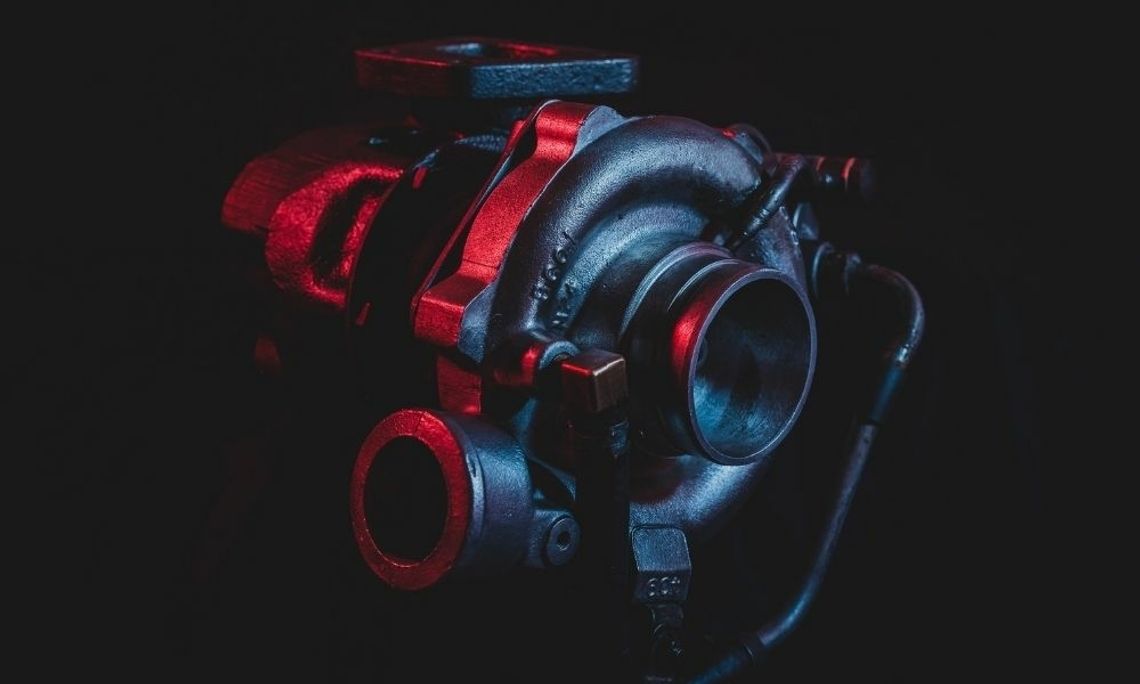If your car is starting to accrue an elevated number of miles, it might be at risk for turbocharger issues. It’s only natural that older cars will start to experience issues with parts, so it’s important to know where to look and how to identify common car problems. Learn a few signs that indicate it’s time to replace your car’s turbocharger.
Check Engine Light Illuminated
Your car’s check engine light is usually your first tip that something isn’t right under the hood. The wiring and interior of modern cars are as complex as computers. These diagnostics can detect turbocharger pressure changes and notify the driver through dashboard notifications such as the check engine light. However, it’s important to note that turbocharger problems aren’t the only troubleshooting issues that can cause your check engine light to illuminate. Consult your local mechanic to find the underlying cause of the issue.
Loss of Power
Turbochargers are designed to improve vehicle efficiency, performance, and power while you drive. If your car starts to lose acceleration while driving, this could be another sign of turbocharger failure. Additionally, your vehicle might not be able to reach the same speeds as before if your turbocharger is experiencing issues. If your car starts to feel less powerful while you’re behind the wheel, check in with your local mechanic to see if your turbocharger could be the issue.
Whirring Engine
Another feature of the turbocharger is that it compresses air flowing into your car engine’s cylinders—this results in a quieter engine while your car is running. Because it helps muffle engine noise, you’ll know there’s an issue with your turbocharger if you start to hear a loud, whirring sound coming from under the hood. This whining noise is another sign of turbocharger failure, and you should address it as soon as possible. If you start to see smoke accompanying these unnatural sounds, bring your car to a mechanic immediately. Exhaust smoke could be the result of a cracked turbocharger.
Noting these signs you need to replace your turbocharger can help you minimize damages and keep you and your vehicle safe. Fortunately, many of these vehicle and engine problems can be easily addressed. If you notice any of these turbocharger issues, schedule your vehicle for a mechanic visit as soon as possible—your mechanic can help you identify where the issues lie. You should be prepared to replace your turbocharger, especially if your car has over 100,000 miles on it.


Comment
Comments